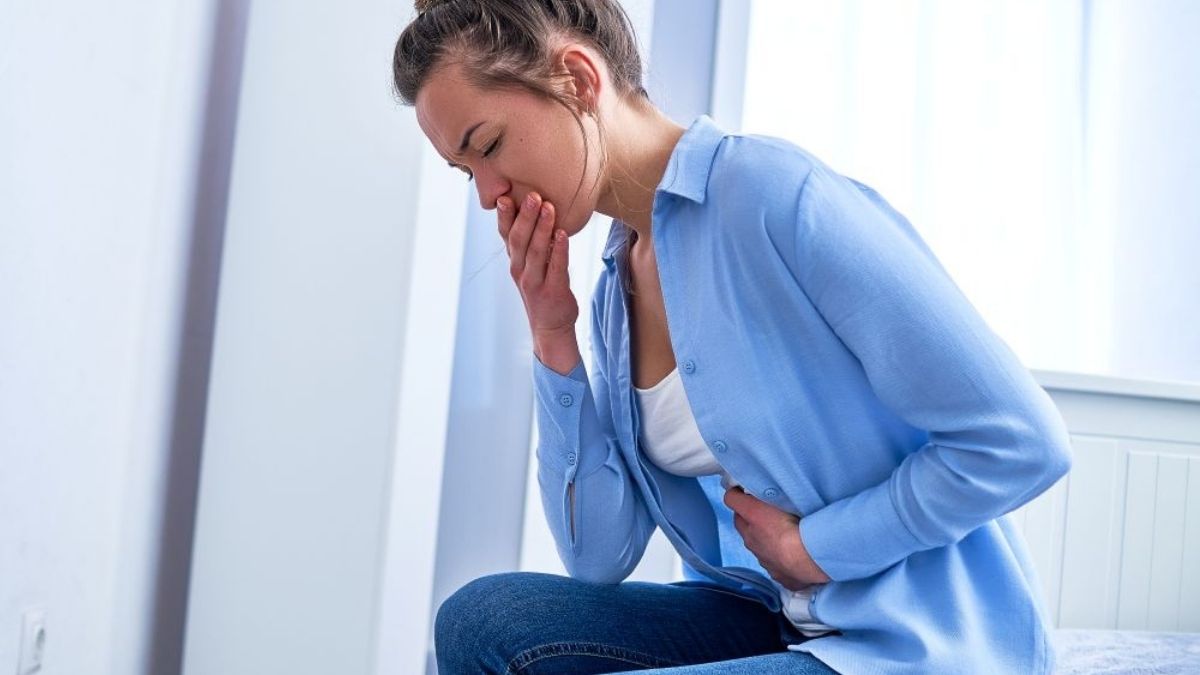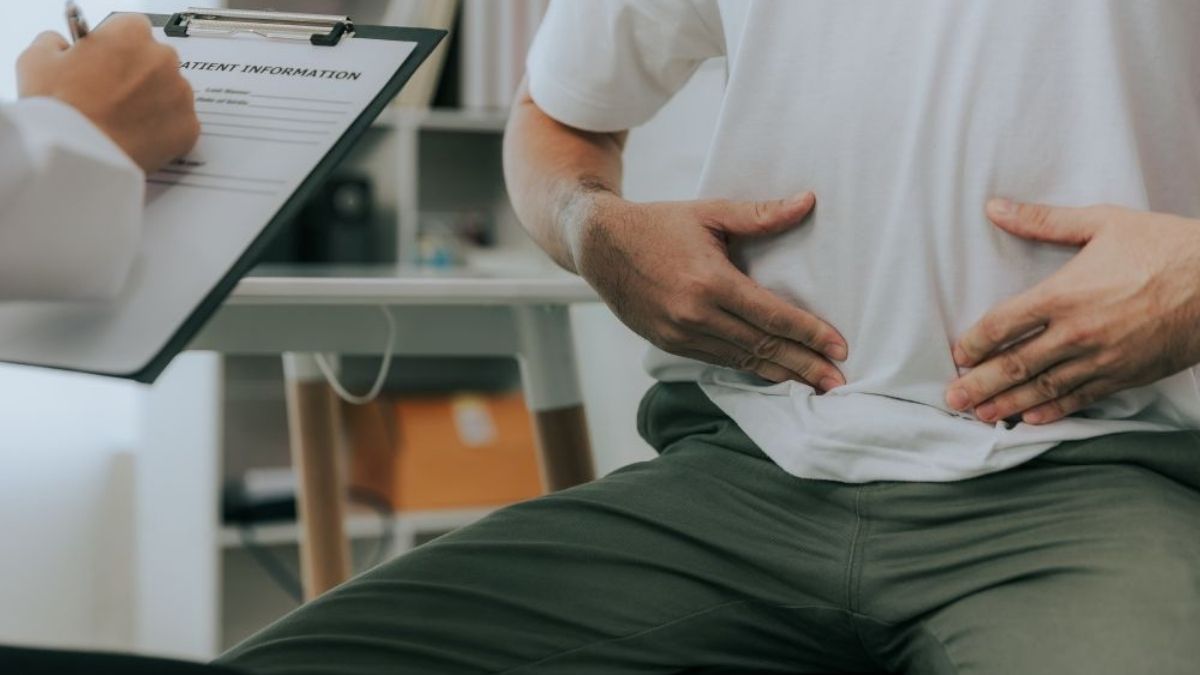How Your Relationship With Food Can Change After Food Poisoning

Food poisoning can leave more than a bad memory. It can change the way you think about food, even long after your body has healed. Many people find themselves feeling nervous around certain meals, questioning ingredients they once enjoyed, or eating with more caution than before.
These feelings are normal, and they can happen to anyone. A strong reaction to a past illness can subtly shift your habits in meaningful ways. You may start paying closer attention to how food is prepared, or lose interest in dishes you used to love. Some people even notice a new sense of fear that makes mealtimes feel less enjoyable.
Understanding these changes is the first step toward feeling confident at the table again. Let's look at how your relationship with food can change after food poisoning:
Understanding the Emotional Impact of a Bad Experience
A bad case of food poisoning can stay in your mind, especially if you experienced strong symptoms like abdominal pain or severe headaches. You might remember where you were, what you ate, or even how long the recovery process lasted. These memories can make certain flavors or smells feel uncomfortable.
Your body's nervous system plays a role in this shift. When you connect a meal with getting sick, your mind can signal danger even when the food in front of you is safe. For some people, the fear starts small and may spread to related foods. It's a natural reaction, and it doesn't mean something is wrong with you.
If the illness involved Campylobacter bacteria or another strong infection, the emotional impact could be even stronger. That experience may make you more aware of food handling and safety without you even realising it.
But here's something most people may not know: you have the right to get compensation if the food poisoning was a result of someone else's negligence. Maybe you ate contaminated food at a restaurant that didn't follow proper safety protocols, or you purchased packaged food that wasn't handled properly.
In situations like these, consulting with an experienced food poisoning lawyer can help you understand your options. They can review what happened, explain whether you have a valid claim, and guide you through the necessary steps. This can offer a sense of reassurance during a time when the emotional stress around food already feels heavy.
Hesitating Around Certain Foods
It's common to avoid foods linked to your illness. You may not trust items that remind you of that experience, even if they're cooked well. This shift can include simple meals or ingredients you once enjoyed. For example, someone who becomes ill after consuming unpasteurized dairy may be hesitant to eat cheese for a while.
Your immune systems work hard during a foodborne illness, and your mind remembers the stress. As a result, you may prefer bland foods for a while. These choices can bring comfort, especially if you're still unsure where you are in your recovery timeline. You may also lean toward sports drinks, oral rehydration, or electrolyte solutions when your stomach feels unsettled.
These preferences can fade with time. They can shift again as your confidence grows and you slowly return to solid proteins or familiar meals.
Becoming More Cautious With Restaurants
After getting sick, you may look at restaurants differently. This doesn't mean avoiding them forever, but it can change what you pay attention to. You may watch how staff handle raw fruits and vegetables or wonder about cross-contamination. You might also consider whether the restaurant adheres to safe food handling practices or follows established food safety protocols.
This caution can extend to takeout and leftovers. You may want to consider refrigerating leftovers quickly or selecting foods that feel safer after a previous experience. Even small habits, such as picking visibly clean spaces or noticing whether they disinfect surfaces, can feel more important.
These shifts don't have to limit your life. They can guide you toward safer choices that fit your comfort level.
Trusting Your Body Again

It's natural to feel unsure about your body after food poisoning. You may question normal stomach gurgles or worry about catching the stomach flu or a stomach bug. These reactions can make eating feel tense.
This is where gentle steps can make a difference. Slowly introducing familiar meals can help you reconnect with what feels comfortable and familiar. You may also bring back food in simple stages, starting with items that don't bother your stomach. The goal isn't to rush but to give yourself space to feel steady again.
If something feels off, a healthcare professional or psychiatrist could guide you through the recovery process. They may suggest blood tests or a physical exam if they think you need reassurance.
Building a New Relationship With Food
As time passes, you may notice your anxiety easing. You might start trying foods you avoided or eating in places you once questioned. Your relationship with food would look different from before, and that's natural. Experiences like these can shape long-term habits, including smarter food choices or better food handling at home.
You may choose to eat more solid proteins, try simple meals, or introduce variety when you feel ready. Some people prefer to start with familiar dishes, while others explore new foods that don't carry old memories. What matters is that each step brings you closer to confidence.
You can also learn more about food safety at home. Checking storage, cooking temperatures, and safe food handling practices can give you a sense of control without fueling fear.
Conclusion
Food poisoning can change the way you see food, but those shifts don't have to last forever. With time, your confidence can return as you rebuild trust in your body and the meals you choose. Small steps, thoughtful habits, and the right support can guide you toward a more comfortable relationship with food.